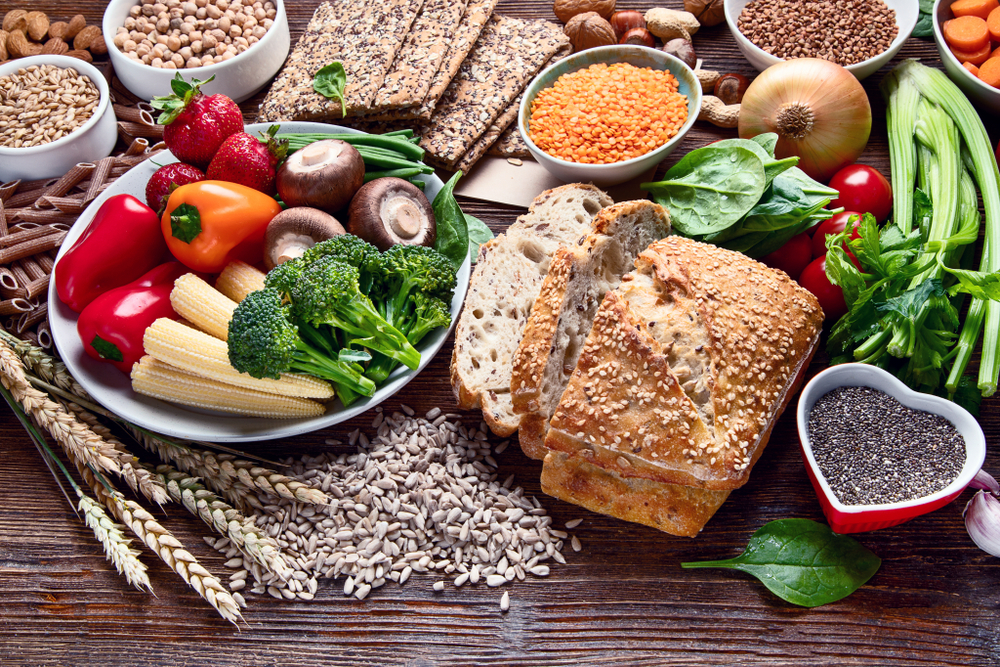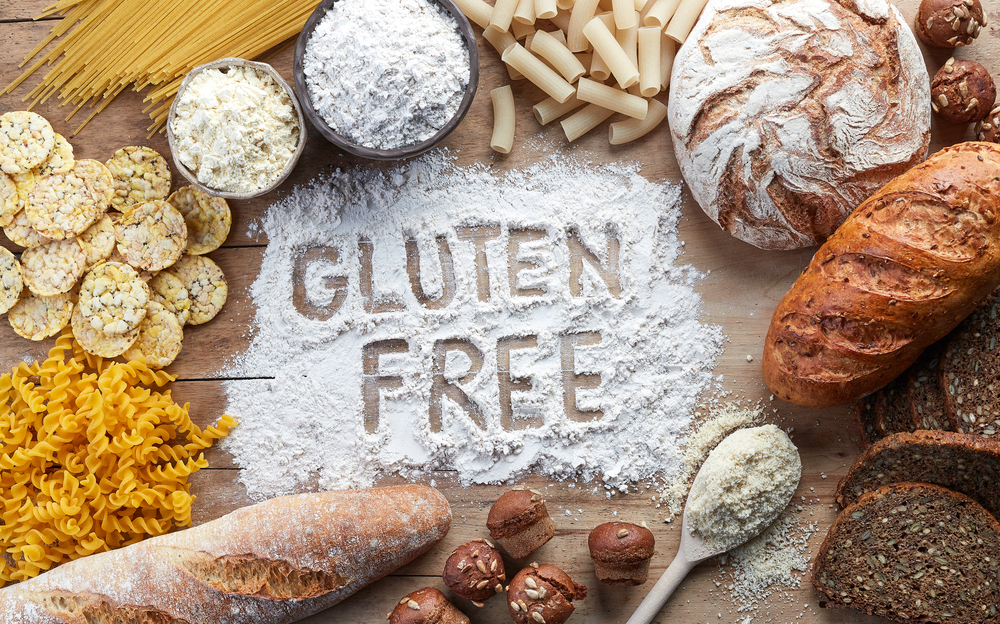How many of us think this each day? And how many of us feel that their digestion is not working as it should be? From a nutritional perspective, we always refer to the gut as the ‘second brain’. Therefore, it’s no wonder it seems to affect our entire wellbeing, including our mood, when the digestive system is not functioning well.
It’s always important to find the root cause of digestive issues of which there can be many.
It’s World Digestive Health Day this month, making it the perfect time for Clinical Nutritionist Suzie Sawyer to share five possible reasons for your unhappy tummy.
Are you eating sufficient fibre?
Eating insufficient dietary fibre can cause not only poor digestion and absorption of foods, but not enough movement from the bowel. This can encourage build up in the body of toxins, bloating, wind and much more besides.
Many of us eat less than half of the recommended 30 grams of fibre daily. There are two types of fibre: soluble fibre also known as prebiotics which are found in fruit, beans, barley and flaxseeds, and insoluble fibre found in whole grains, bran, and vegetables.

We need a combination of both. The soluble fibre helps feed the all-important gut microbiome (more of which later) and the insoluble fibre keeps us regular. Try to keep a check on your daily intake. Dietary fibre also helps normalise cholesterol levels and blood pressure.
Are you lacking in enzymes?
The digestive system uses enzymes to break down the food we eat, and we have separate ones for proteins, fats, and carbohydrates, plus others. If you have a lactose intolerance, for example, you can’t tolerate dairy products so need to choose lactose free foods. Sometimes this can be undiagnosed so it’s worth keeping a check on symptoms.

Having a sensitivity to gluten is also very common, though sometimes we’re just eating too much bread, pasta, and other gluten-containing foods. There is also the more serious condition of coeliac disease which means people cannot tolerate gluten foods at all. There is plenty support out there for the condition and it’s also Coeliac Awareness Week during May to raise further awareness.
Gluten is essentially a ‘sticky’ ingredient which tends to bung up the digestive system, so it’s worth noting how much you’re eating overall. Taking a digestive enzyme supplement can also be helpful.
Is your gut microbiome in good shape?
If you’re bloated and windy, and everything is feeling a little sluggish, chances are your gut microbiome needs an MOT. As above, foods containing soluble fibre will help feed the good bacteria and keep them happy.

Additionally, fermented foods such as miso, tofu, tempeh and natto, sauerkraut, natural yoghurt, and kefir, provide probiotics. Probiotics are the good bacteria that live happily inside in the gut and look after us on the inside and outside too.
Are you reacting to certain foods?
Essentially, anyone of us can react to any food. However, there are some that can potentially cause more issues than others. As already discussed, gluten falls into this category, but also eggs, dairy, soy, yeast, and artificial sweeteners can all be problematic from a digestive perspective.

Interestingly, many of us have issues breaking down fructose, the natural sugar found in fruits and some vegetables. This can often cause bloating, IBS type symptoms, and muscle spasms. Fruit juice can often trigger these issues too. It’s worth challenge-testing these foods if you suspect this might be you. It’s not an uncommon problem so it’s worth investigating to see if fructose might be your issue.
Have you got sufficient stomach acid?
You may think you have too much stomach acid because you frequently suffer from acid reflux. Interestingly, more people tend to suffer from low stomach acid and the reason they have reflux is simply that the acid is in the wrong place.

Certain foods can irritate the top for the stomach and cause this issue, with coffee being a common trigger. If you feel bloated high in the stomach after eating, have an uncomfortable sense of fullness, or nausea, then low levels of stomach acid may be the cause.
Taking herbal bitters (readily available in health food stores), or apple cider vinegar diluted with water, just before meals can often help. It can be solved quite simply and the relief in symptoms will be enormous.
With a few simple tweaks and a little detective work, a calm and happy digestive system can be restored within.























Add comment